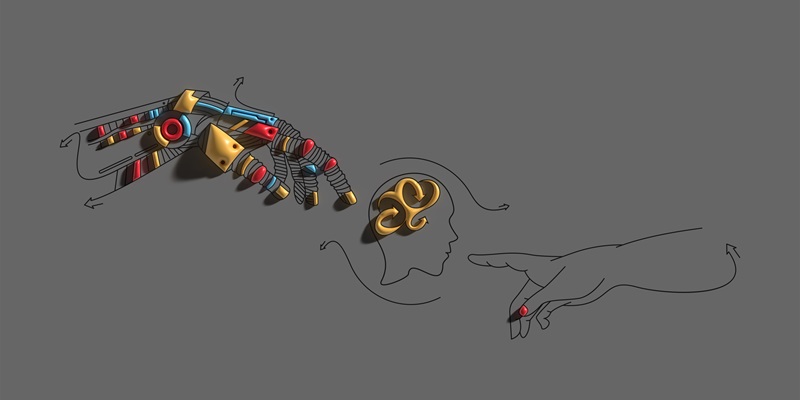The rise of generative AI has stirred an important conversation about ethics and creator rights in the digital realm, particularly highlighted at the SXSW conference. Experts from various fields discussed the delicate equilibrium between fostering innovation and upholding artistic ownership. As AI progresses, it becomes adept at mimicking and altering human creativity, raising concerns that existing legal and ethical frameworks may not be keeping pace. This predicament prompts a critical analysis of how to protect creators in an age where their work can be effortlessly replicated and transformed by algorithms. The rapid development of AI tools presents an urgent need to re-evaluate how we safeguard intellectual property in the digital age while continuing to encourage technological advancements.
The Ethical Quagmire of AI
The central focus of discussions at SXSW revolved around the fair use doctrine—an ambitiously interpreted legal concept that OpenAI and others claim as a defense for training their AI systems with online-sourced artworks. Proponents argue these AIs could democratize art creation and elevate human creativity to new heights, offering tools that can generate imagery, music, and writing with simple prompts. However, this perspective clashes with artists who witness their styles and expressions distilled into datasets, making it a bone of contention for those who have spent years honing their unique aesthetic.
The debate at SXSW unveiled a deep concern for ensuring that the voices of creators are not muted by the crescendo of AI-generated content. The rise of platforms like OpenAI’s DALL-E 2 has brought incredible power to generate vivid images and illustrations, but at an unspoken cost. Artists express fear that the unregulated use of their work to inform AI could dilute the value of human originality, while legal experts scrutinize the murky waters of copyright and fair use law where these modern practices reside.
Seeking a Fair Compensation Model
At SXSW, discussions highlighted the need for better systems enabling artists to control their creations amidst AI’s rise. OpenAI has taken steps, like partnering with Shutterstock and offering opt-outs, but many see these as temporary fixes. The creative community is pushing for a fairer ecosystem that not only acknowledges but also compensates artists when their work contributes to AI’s learning process.
OpenAI’s Peter Deng suggests the industry is open to reform. SXSW attendees envisioned a future where AI and artists thrive together, with technology enhancing rather than eclipsing human artistry. Creating an ethical infrastructure that maintains the innovation’s momentum while keeping creators at the forefront is essential. As discourse progresses, it is clear that aligning tech with authors’ rights presents an opportunity for mutual progress, challenging the narrative that pits them against each other.

